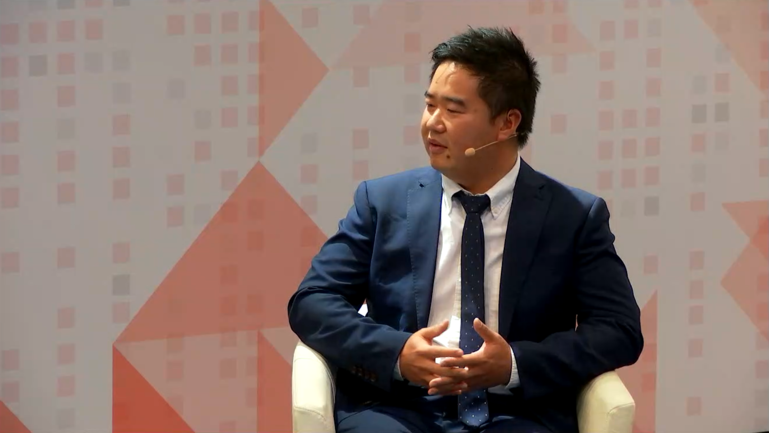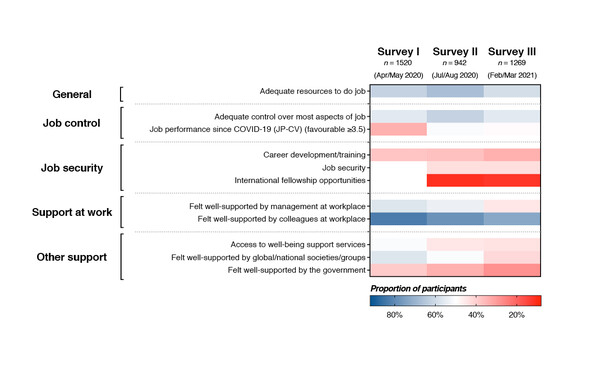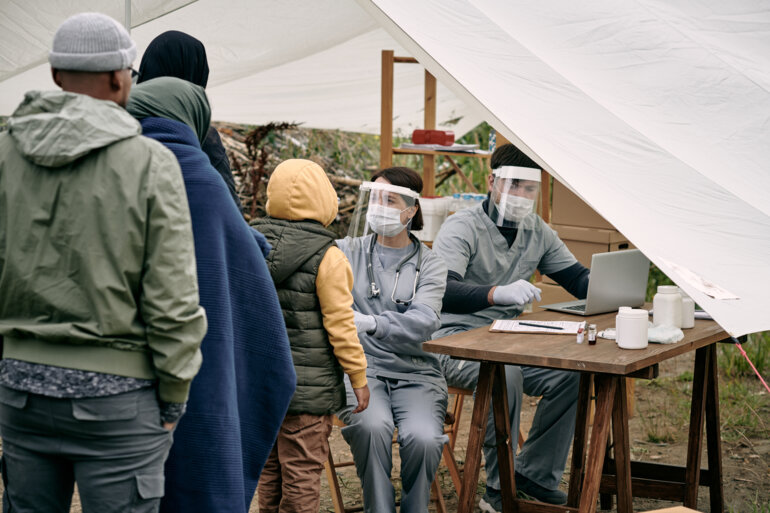Findings from the third ESMO Resilience Task Force survey highlight the detrimental effect of long working hours and changes to clinical routine on future career plans
Since the COVID-19 outbreak in 2020, there has been a growing concern that changes to routine practices and work/life balance can have detrimental effects on the wellbeing of the oncology workforce with, ultimately, an impact on quality of cancer care. Results from a third survey conducted by the ESMO Resilience Task Force in February/March 2021 reveal that medical oncologists have been increasingly overwhelmed by the current pandemic-affected scenario and more than one-third (38%) of respondents were contemplating leaving the profession (i.e. stop being a practising clinician), while one-quarter were considering changing their future career, such as changing speciality or having fewer clinical responsibilities (Abstract 1561O).
“Having spoken personally to colleagues locally and globally about these results, we are all concerned that too many of the oncology workforce feel they are unable to carry on working in the field,” comments Dr Susana Banerjee from the Royal Marsden Hospital NHS Foundation Trust, London, UK and Chair of the ESMO Task Force, which, since the outbreak of the pandemic, launched global surveys to evaluate how oncologists are affected by the current evolving scenario. “While we cannot be certain that the pandemic is at the crux of the problem, what we do know is that we urgently need to address the issue of poor wellbeing that has been highlighted by COVID-19.”
While analysing the results from the two previous surveys conducted in April/May and July/August 2020, Banerjee and her colleagues observed a significant decline in wellbeing over time. “In this third survey, 45% of respondents reported feeling increasingly overwhelmed with their workload compared with 29% of respondents in the first survey,” she continues. “This may well stem from an increased need to work out-of-hours and a rise in working hours, leaving inadequate time for personal/family life.” In fact, among the results presented today at the ESMO Congress 2021, more than half (59%) of respondents reported being unable to take their allocated annual leave since the pandemic started.
Results from the second and third surveys highlight younger oncologists’ concerns about a lack of opportunity during the pandemic to take up international fellowships, owing to travel restrictions.
In addition, many respondents were concerned about the negative impact of the pandemic on career development/training (43%), job security (37%) and international fellowship opportunities (76%). Banerjee says, “Results from the second and third surveys highlight younger oncologists’ concerns about a lack of opportunity during the pandemic to take up international fellowships, owing to travel restrictions. We are just starting to see a small number of colleagues undertake fellowships in foreign institutions, although only after a lot of disruption and personal sacrifices, including a commitment to quarantine.”
Despite the detrimental effect of the pandemic on wellbeing and career plans, a positive outcome from the survey is a significant improvement in work performance reported by responders. “This implies that we have adapted to continue caring for our patients in the backdrop of COVID-19. However, this has been at the expense of heightened stress levels and diminished wellbeing,” highlights Banerjee.
Regarding potential approaches to reduce the pandemic burden on the oncology workforce, she concludes: “A key point stemming from these latest survey results is the need for individuals, institutions and societies, such as ESMO, to support each other to help improve wellbeing among the oncology workforce, and to also make greater effort to support personal and career development. Providing support at the right time, such as allowing individuals to reduce their working hours, work flexible hours or work from home at times, could make the difference needed to ensure we have the best oncology workforce for our patients for the future.”
Lim KHJ et al. The future of the oncology workforce since COVID-19: results of the ESMO Resilience Task Force survey series. ESMO Congress 2021, Abstract 1561O
Proffered Paper session – SARS-CoV-2 and cancer, 21.09.2021, h. 14:20 – 14:30, Channel 5







